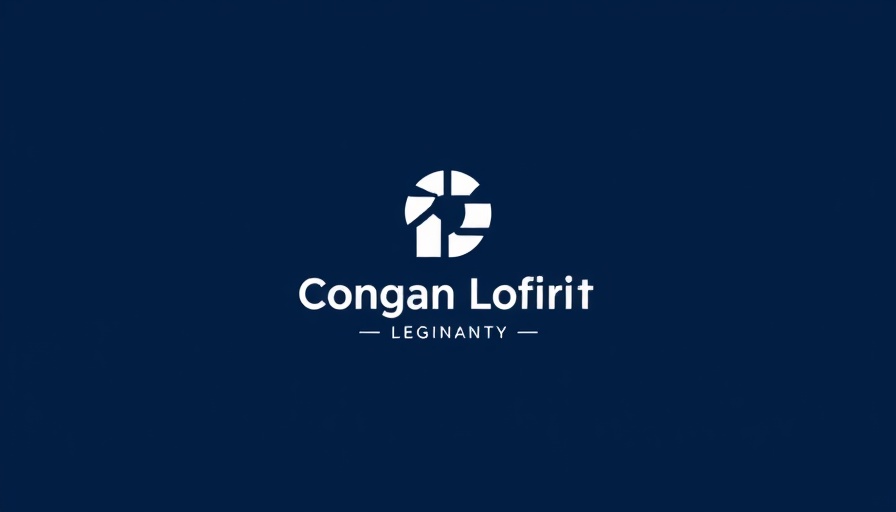
Understanding the Supreme Court's Role in Employment Bias Cases
The recent decision surrounding an IT company’s inability to secure a Supreme Court review of a bias lawsuit highlights the complexities of workplace discrimination claims. At the heart of this case is the accusation that a white employee faced workplace bias allegedly linked to diversity initiatives. This case is significant not only for the parties involved but also for HR compliance officers and legal counsel navigating the intricate landscape of labor laws and employment regulations.
Implications of Workplace Bias Claims
When courts opt not to review such cases, it sets a precedent that could influence how bias claims are interpreted moving forward. Experts suggest that unresolved cases often leave gaps in understanding employer obligations, particularly in relation to EEOC guidelines and hiring biases. This ambiguity can complicate workplace investigations and hinder effective policy updates within companies seeking to ensure compliance with evolving labor laws.
The Importance of Clear Remote Work Policies
As companies adapt to hybrid work environments, clear policies become critical. Remote work policies must incorporate measures to tackle potential bias, ensuring that all employees are treated equitably, irrespective of their work location. With remote work becoming the norm, the need for comprehensive pay transparency and non-discriminatory hiring practices grows, reinforcing the importance of compliance in a rapidly changing landscape.
Navigating the Future: Strategies for HR Professionals
HR compliance officers, legal counsel, and others in human resources play a pivotal role in shaping workplace culture. By actively engaging with current employment regulations and wage laws, these professionals can advocate for policies that not only support fair hiring practices but also inspire greater transparency and trust among employees. This proactive approach helps create an environment where employees feel empowered to report issues without fear of retaliation.
Final Thoughts: What HR Leaders Should Do
With the complexities of employment regulations continually evolving, HR professionals must stay informed and adaptable. Understanding the implications of legal cases like this one is crucial for implementing effective workplace policies. As the landscape shifts, regular training and updates to organizational policies can help mitigate risks associated with bias claims, making it essential for all stakeholders to prioritize compliance and inclusivity in the workplace.
 Add Row
Add Row  Add
Add 




Write A Comment